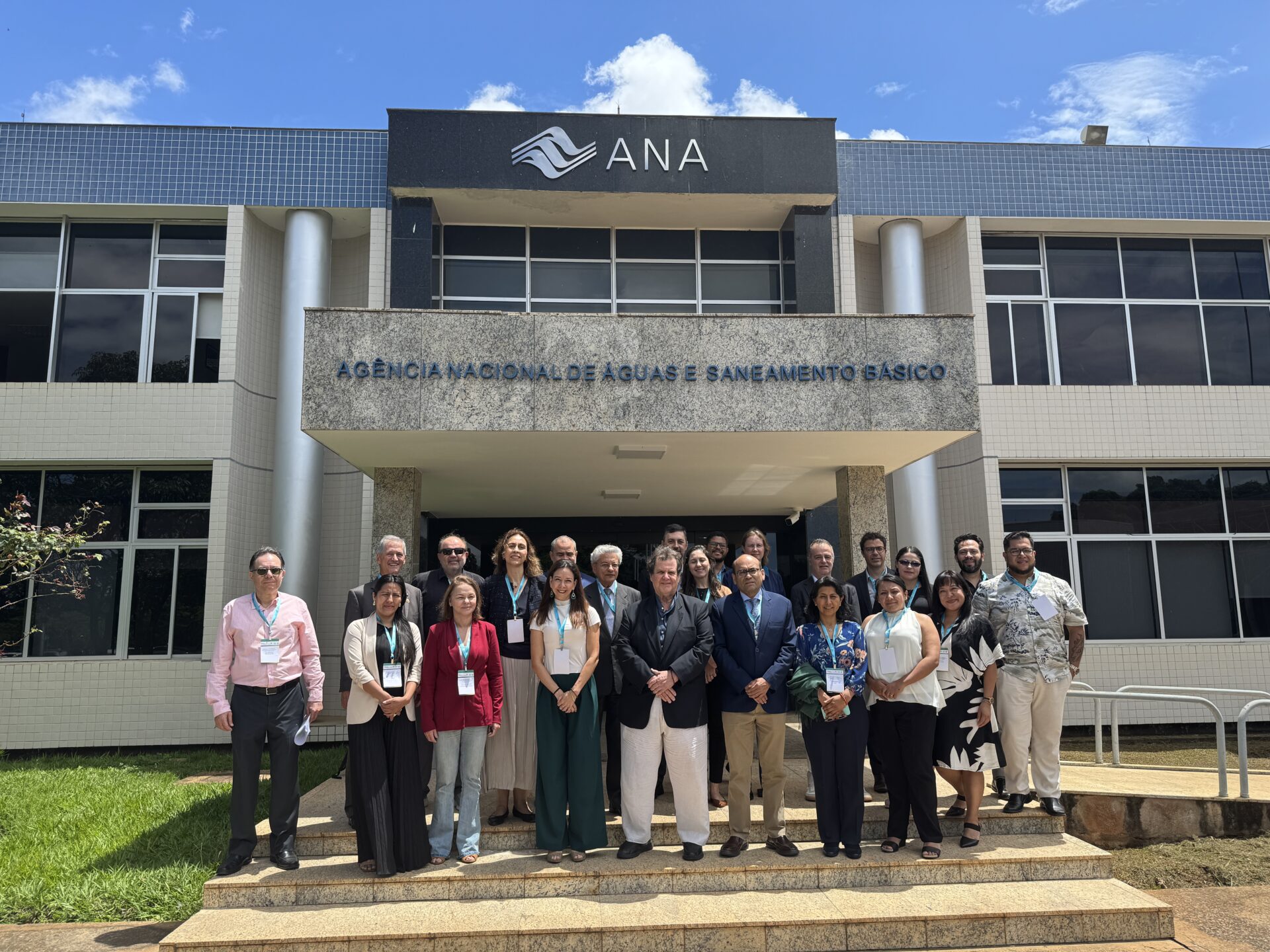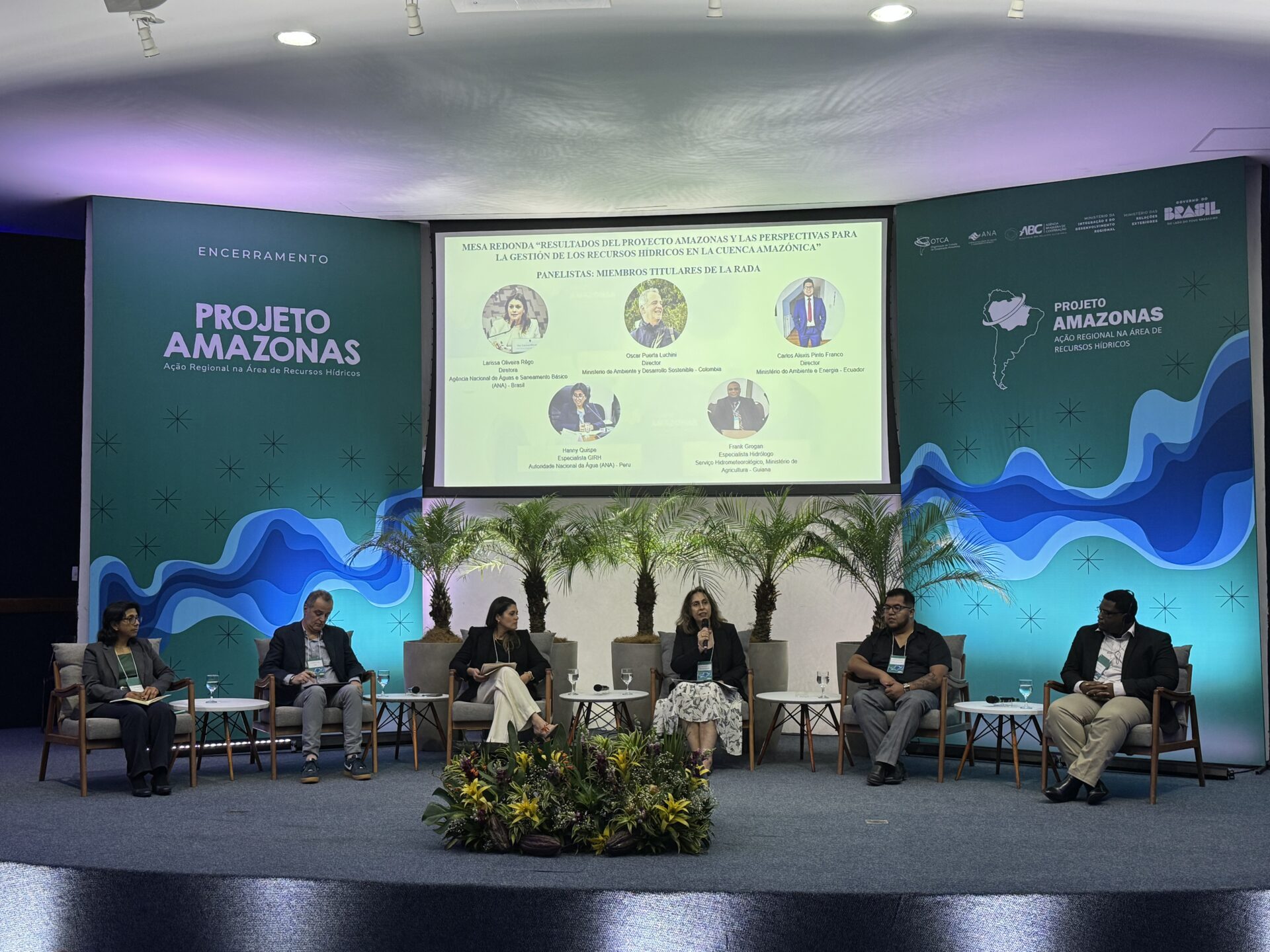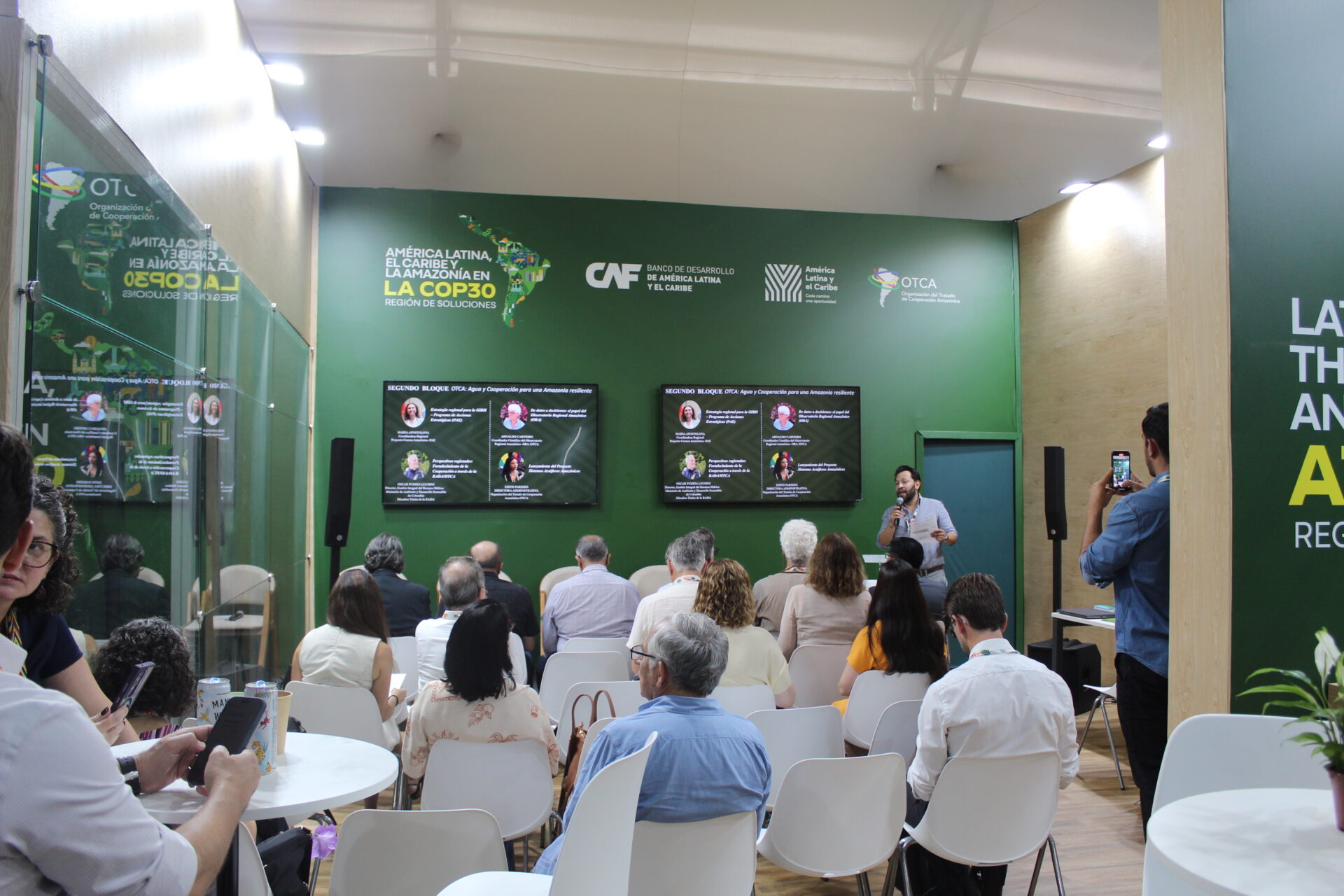As part of the implementation of the national interventions of the Project – Amazon Basin: “Implementation of the Strategic Action Program to Ensure the Integrated and Sustainable Management of Transboundary Water Resources of the Amazon River Basin Considering Variability and Climate Change,” funded by the Global Environment Facility (GEF), implemented by the United Nations Environment Programme (UNEP), and executed by the Permanent Secretariat of the Amazon Cooperation Treaty Organization (ACTO), the intervention: “Establishment of monitoring networks for the quantity and quality of groundwater in important urban aquifers of the Madeira River Basin” is being developed, under the coordination of the National Project Coordination Unit of Bolivia, under the Ministry of Foreign Affairs, and with the Technical Supervision of the Ministry of Environment and Water.
The intervention, which began on May 30, 2022, in the first stage of information gathering, determined the locations where monitoring wells will be constructed, considering public and enclosed locations such as municipal dependent educational units, public universities, government buildings, and/or parks, in order to ensure the security of the equipment to be installed. During the second stage, the intervention was socialized, and authorization was requested for the geophysical study, drilling of the well, and construction of the monitoring piezometers in the Sacaba aquifer system, in the corresponding areas of the OTB Mesadilla Zone – Cercado Municipality, San Jacinto Educational Unit, and 1st of May Educational Unit. In the Santa Cruz aquifer system, the monitoring wells will be located at the Lomas de Arena Research Center and the Patiño Foundation, Faculty of Agricultural Sciences, and Villa 1st of May – Plan 3000 Zone.
In meetings held to consolidate agreements on fieldwork, the opportunity and necessity arose to demonstrate the operation of the monitoring network and the method of obtaining information to the educational community of schools and universities, in the case of Santa Cruz, taking advantage of the opportunity to raise awareness about water management and its importance in the student community.
Related news
Post
17 de December de 2025
On December 11, the Amazon Basin Project (ACTA/UNEP/GEF) held a Seminar on the Exchange of Cooperation Experiences for the Management [...]
Post
16 de December de 2025
The roundtable discussion “Results of the Amazon Project and Prospects for Water Resource Management in the Amazon Basin” was held [...]
Post
28 de November de 2025
Water is the central element through which most of the impacts of climate change manifest themselves: more intense droughts, extreme [...]




